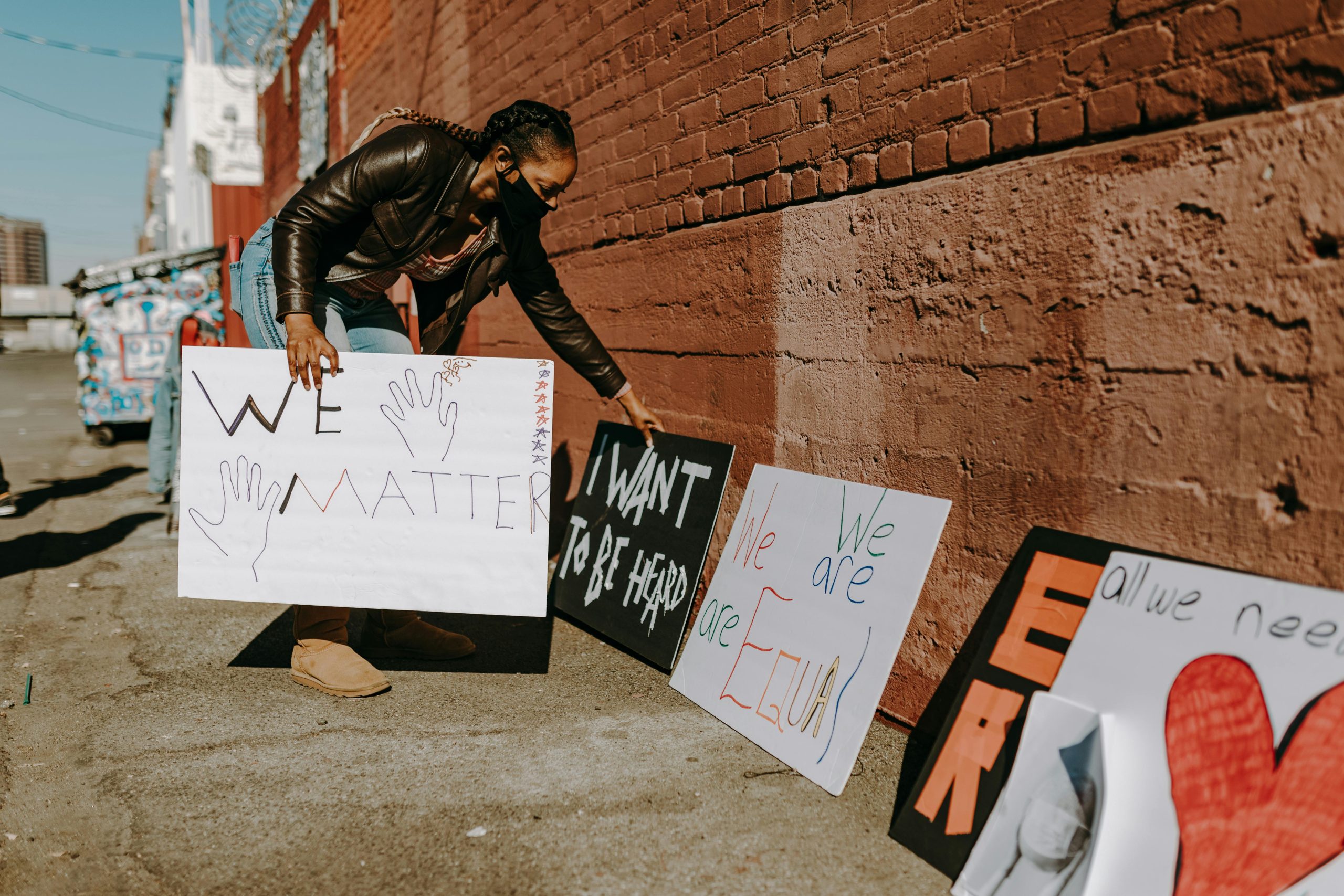Advocating for Action: The Urgent Need to Respond to the Online Safety Act and Government Censorship
In recent months, widespread concerns have emerged regarding the UK’s Online Safety Act and its implications for digital freedoms and personal privacy. Despite substantial public support expressed through petitions—currently approaching half a million signatures—there appears to be a disconnect between public opinion and governmental action. This disconnect raises pressing questions about accountability, transparency, and the preservation of civil liberties in our digital age.
Public Outreach and Disregarded Concerns
A petition urging the repeal of the Online Safety Act has garnered nearly 500,000 signatures, signaling significant public apprehension. Yet, reports indicate that government officials and policymakers have largely ignored these collective voices, even after promising to engage with petitioners when certain signature thresholds are met. This pattern exemplifies a troubling trend where popular opinions are sidelined in favor of legislative agendas that may not fully address the public’s concerns.
Impacts on Digital Rights and Content Accessibility
The ramifications of the legislation extend beyond just adult content regulation. There are documented cases of increased censorship affecting major platforms such as Xbox, Spotify, Wikipedia, and Reddit communities dedicated to alcohol recovery and other sensitive topics. These actions suggest a broad tightening of content moderation, potentially infringing upon free expression and access to information. Such measures may erode the open nature of the internet, setting a concerning precedent for future regulations.
Governmental Actions and the Threat of Further Restrictions
Alarmingly, discussions are underway within government circles about banning Virtual Private Networks (VPNs), tools that many users rely on to protect their privacy and circumvent censorship. The potential restriction of VPNs could significantly compromise personal privacy, making expression and information retrieval increasingly risky for users. This trend underscores the importance of citizen response to prevent further erosion of online freedoms.
Call to Collective Action
Given these developments, it is vital for concerned citizens to consider taking meaningful actions to defend their rights. While petitions and online campaigns have their place, pressing for tangible change may require in-person demonstrations and organized protests. Public demonstrations can serve as powerful signals to policymakers, emphasizing the collective will of the populace and pressing for transparency and accountability.
A Democratic Imperative
As stewards of democratic values, it is our responsibility to ensure that our voices are not only heard but also amplified. Standing against legislation that threatens personal privacy and freedom of expression requires active participation and concerted effort. By uniting in peaceful protest and engaging with representatives, we can help
